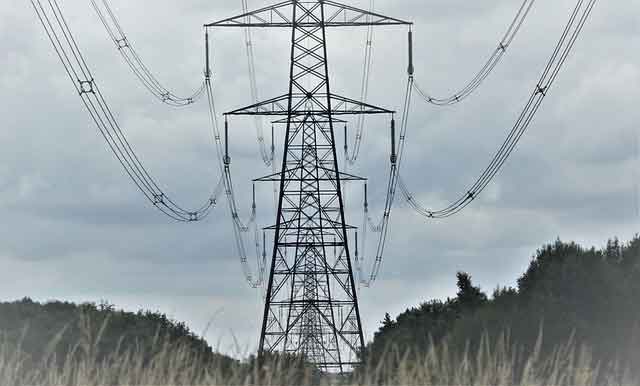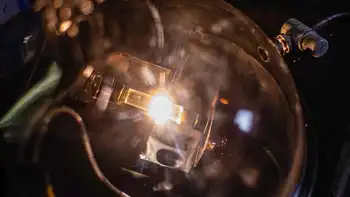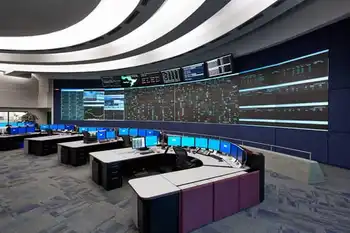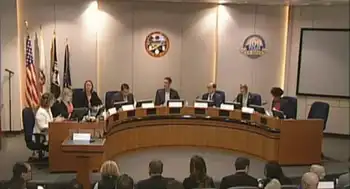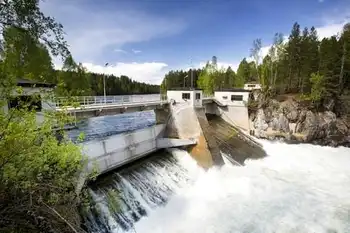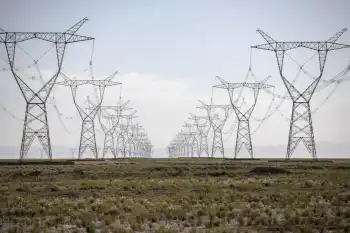Small reactors getting some attention
By Houston Chronicle
Protective Relay Training - Basic
Our customized live online or in‑person group training can be delivered to your staff at your location.

- Live Online
- 12 hours Instructor-led
- Group Training Available
Those small, modular reactors, which provide less than 300 megawatts and are built off-site, could take power to people living in remote regions, benefit the petrochemical industry and ease concerns about lethal nuclear material falling into the wrong hands, experts told a Senate panel.
Warren Miller, assistant secretary for nuclear energy in the Department of Energy, said small reactors could do better in economics and security than existing large-scale operations and proposed reactors in South Texas and Maryland.
“Smaller projects would carry lower investment risk and could be more affordable to smaller utilities,” which could install one initially and then link others when power needs increase, Miller said.
Another advantage, said Tom Sanders, president of the American Nuclear Society, is that small reactors would have built-in nonproliferation safeguards that large plants don't. The small reactors could be filled with nuclear material before they are transported to their customers and then buried underground, Sanders said. When the fuel is spent in 10 to 20 years, the reactors can be shipped back for refueling.
This “cradle-to-grave approach” for the nuclear material would allow U.S. companies to “provide reactors to developing nations and not have to worry about refueling them for 10 to 20 years,” Sanders said.
Miller noted the potential industrial uses of small, modular reactors — not for electricity, but heat to aid shale oil recovery and refining. Miller cited heat generation needed for fossil fuel recovery and refinement, synthetic and biofuel production and water desalination.
The Senate Energy and Natural Resources Committee was examining two bills that would spur the creation and licensing of the small, modular reactors. One measure would authorize the government to spend $250 million over five years to support the technology. Another bill would create a demonstration program at the Energy Department to test out modular reactor designs.
Nuclear power is getting attention as senators fashion a broad energy and climate change bill. Although some environmentalists oppose this kind of energy because of the unresolved questions about how to safely and securely store nuclear waste, it has gained new champions in Congress who are excited about spurring more nuclear power because it does not emit carbon dioxide linked to global warming.
Although nuclear power provides about 20 percent of the nation's electricity, it has been more than a decade since a nuclear plant was built in the U.S.
The Energy Department plans to announce a multi-billion-dollar government-backed loan for a nuclear power plant by year's end, Miller said. The agency is reviewing applications from reported finalists, including NRG Energy, which plans two new reactors at its South Texas project, and a proposed reactor in Maryland.
Meanwhile, the Nuclear Regulatory Commission said it is expecting applications for licensing of small, modular reactors as early as next year.





